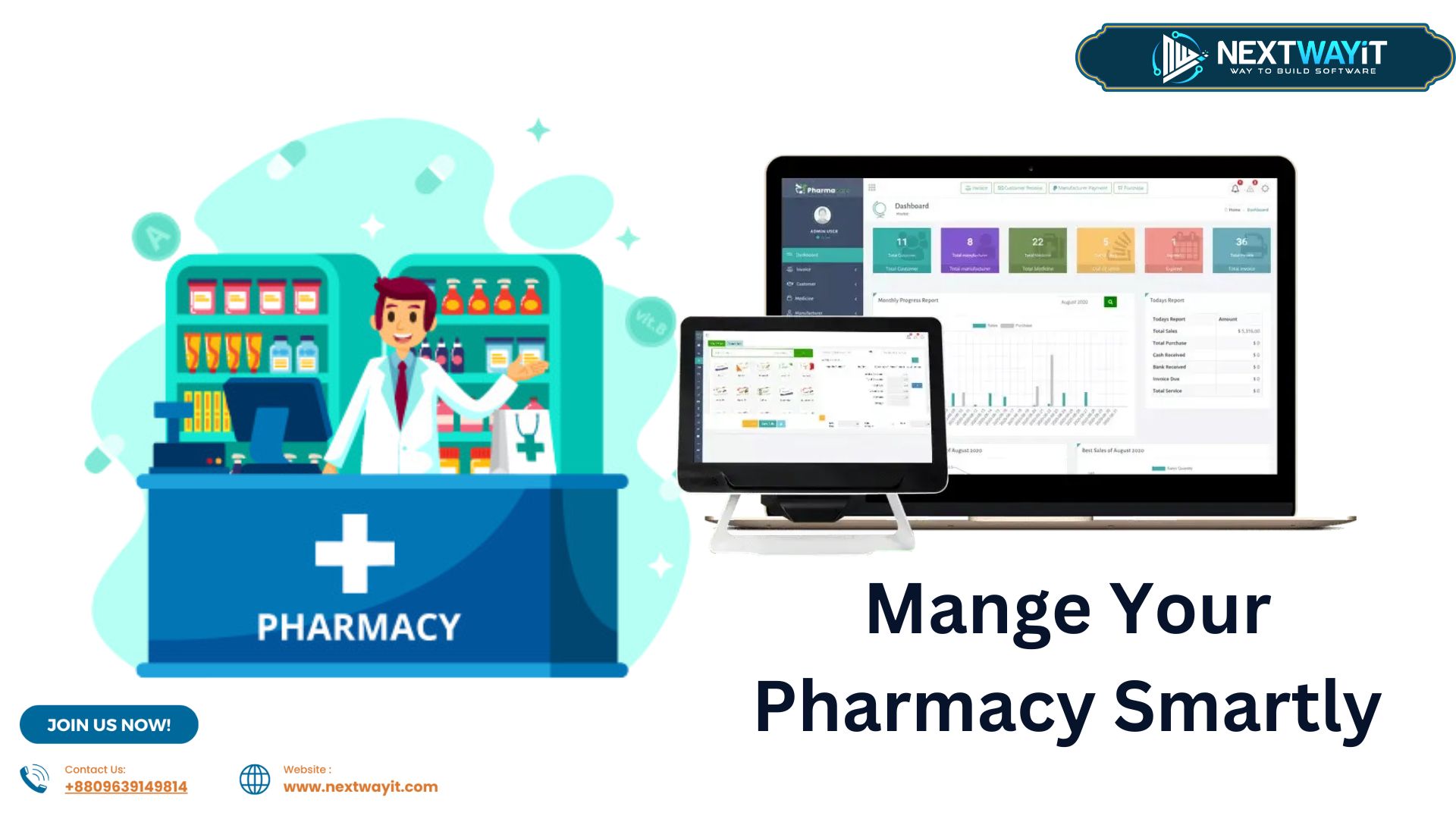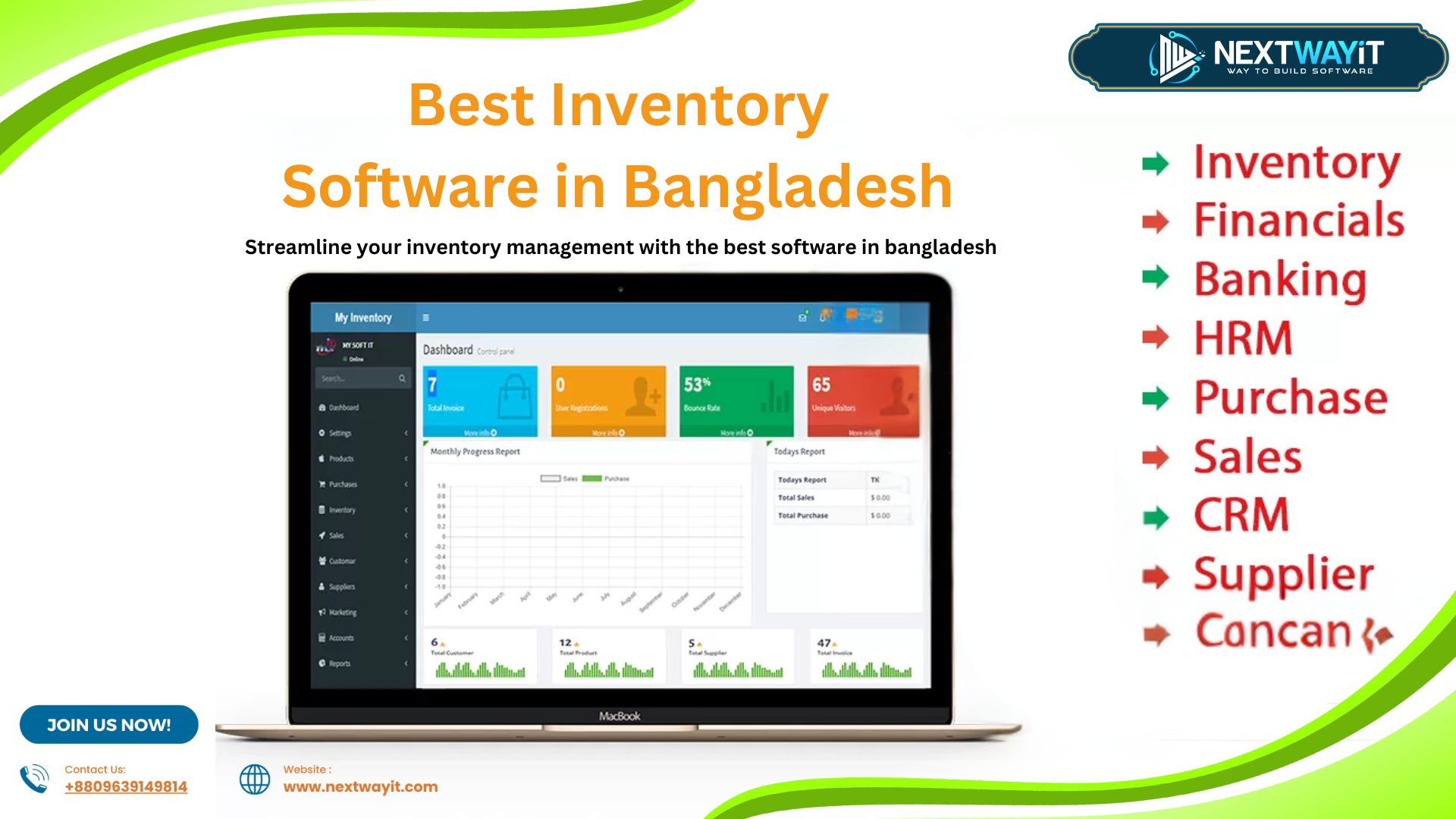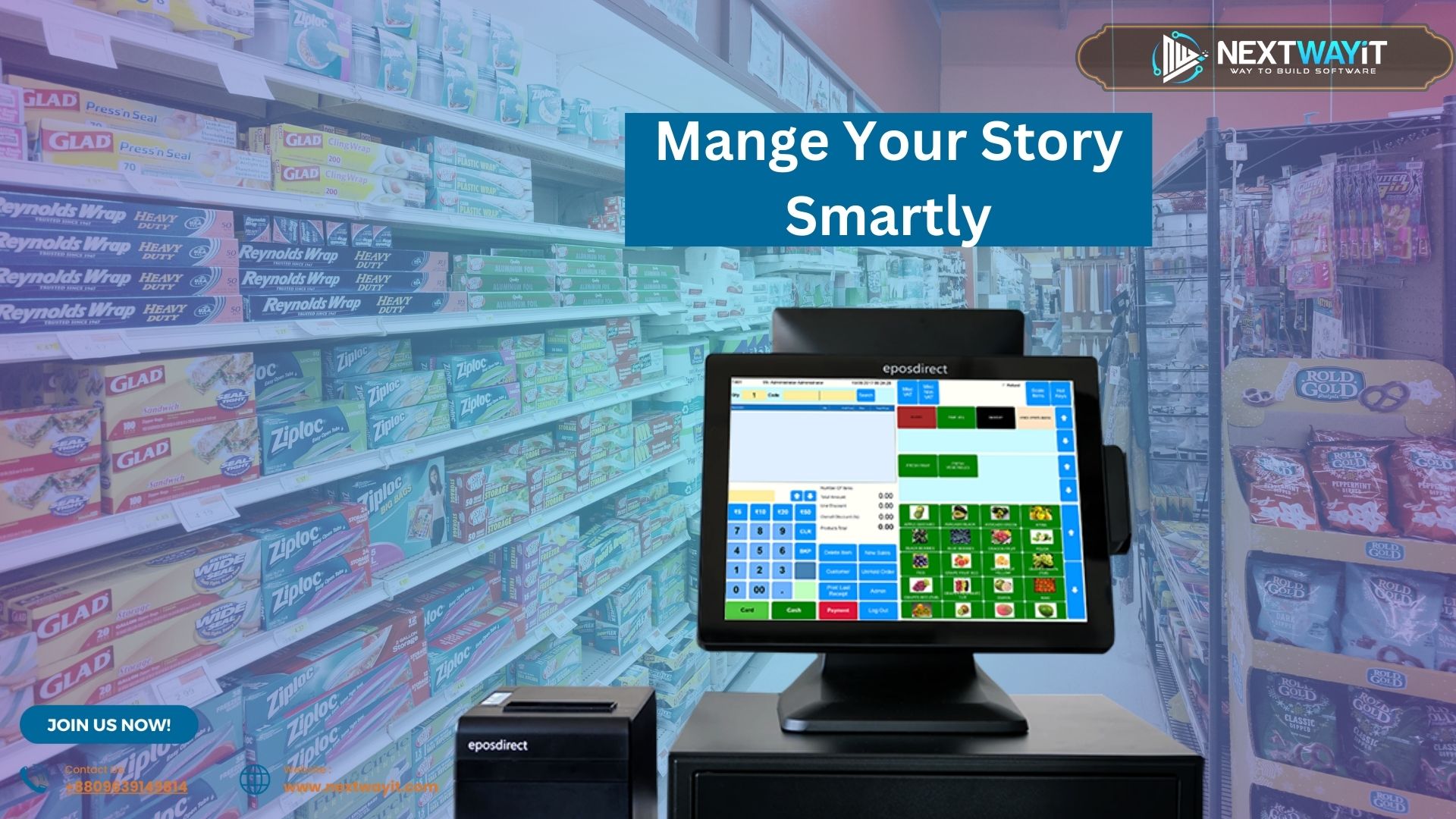
Email Marketing vs Social Media Marketing: A Comprehensive Comparison
In this article, our focus will be on exploring about Email Marketing vs Social Media Marketing. In the digital age, businesses are presented with numerous marketing avenues to connect with their target audiences. Among these, email marketing and social media marketing are two of the most prominent and effective methods. While both have their merits, understanding the distinct advantages and potential limitations of each can help businesses allocate resources more effectively and optimize their marketing strategies. This article delves into a detailed comparison of email marketing and social media marketing, highlighting their unique features, benefits, and use cases.
1. Reach and Engagement
Email Marketing
Email marketing offers a direct line to the customer’s inbox, ensuring that your message is seen by those who have already expressed interest in your brand. The average open rate for marketing emails is around 20-30%, depending on the industry. This means that for every 100 emails sent, 20-30 are likely to be opened and read. Additionally, email marketing allows for personalized content tailored to the recipient’s preferences, increasing engagement rates.
Social Media Marketing
Social media platforms boast billions of active users. For instance, Facebook alone has over 2.8 billion monthly active users. However, the reach on social media is often mediated by algorithms that prioritize content based on user behavior. This means that not all of your followers will see your posts. Engagement rates on social media can vary widely but are generally lower than email open rates. Organic reach is typically less than 10%, which means businesses often need to invest in paid advertising to reach a broader audience.
2. Cost-Effectiveness
Email Marketing
Email marketing is often considered one of the most cost-effective marketing strategies. The primary costs associated with email marketing include the email marketing software and the time spent creating and managing campaigns. With tools like Nextway IT’s email marketing software, businesses can automate much of the process, making it highly efficient. The ROI for email marketing is impressive, with studies showing an average return of $42 for every dollar spent.
While creating a social media account is free, effective social media marketing often requires investment in paid advertising to achieve significant reach and engagement. The cost of social media ads can vary based on the platform, target audience, and competition. Additionally, maintaining an active and engaging social media presence requires constant content creation and community management, which can be time-consuming and costly.
3. Personalization and Targeting
Email Marketing
Email marketing excels in personalization and targeting. With data on customer preferences, purchase history, and behavior, businesses can segment their email lists and send highly relevant content to different customer groups. This personalized approach can significantly enhance customer experience and increase conversion rates. Features like dynamic content, personalized subject lines, and triggered emails based on customer actions are just a few ways to tailor communications effectively.
Social Media Marketing
While social media platforms offer targeting options based on demographics, interests, and behaviors, the level of personalization is generally not as deep as email marketing. Social media ads can be tailored to specific audience segments, but organic posts are shown to a broader, less targeted audience. However, social media does offer opportunities for real-time interaction and engagement, which can build brand loyalty and trust.
4. Analytics and Measurement
Email Marketing
Email marketing provides comprehensive analytics that allow businesses to track a wide range of metrics, including open rates, click-through rates, conversion rates, and more. These insights help marketers understand what works and what doesn’t, enabling continuous optimization of campaigns. Advanced email marketing software, like that offered by Nextway IT, can also provide detailed reports on customer behavior and campaign performance.
Social Media Marketing
Social media platforms also offer analytics tools that provide data on engagement, reach, impressions, and more. These metrics can help businesses gauge the effectiveness of their social media strategies. However, the data is often less granular compared to email marketing analytics. While social media analytics provide valuable insights into brand awareness and engagement, linking these metrics directly to conversions and ROI can be more challenging.
5. Customer Relationship Building
Email marketing is a powerful tool for building and nurturing customer relationships. Regularly sending newsletters, special offers, and personalized content helps keep your brand top-of-mind for your subscribers. The one-on-one nature of email communication fosters a sense of exclusivity and personal connection, which can enhance customer loyalty and retention.
Social Media Marketing
Social media marketing excels at building brand awareness and community engagement. It provides a platform for real-time interaction, where businesses can respond to customer inquiries, feedback, and comments instantly. This level of engagement can help humanize the brand and create a sense of community among followers. However, building deep, long-term relationships on social media can be more challenging due to the sheer volume of content and interactions.
6. Speed and Flexibility
Email Marketing
Email marketing allows for quick and flexible communication. Campaigns can be set up and launched within hours, and marketers can easily adjust their strategies based on real-time performance data. This agility is particularly useful for time-sensitive promotions and announcements.
Social Media Marketing
Social media marketing also offers flexibility, with the ability to post content instantly and adjust strategies on the fly. However, creating high-quality social media content, such as videos and graphics, can be time-consuming. Additionally, social media trends and algorithms change frequently, requiring constant adaptation to stay relevant and effective.
7. Content Types and Creativity
Email Marketing
Email marketing primarily relies on written content, though it can also include images, videos, and interactive elements. The focus is often on delivering valuable information, promotions, and personalized messages directly to the subscriber’s inbox. The challenge lies in crafting compelling subject lines and content that encourage opens and clicks.
Social Media Marketing
Social media marketing offers a broader range of content types, including text posts, images, videos, stories, live streams, and more. This diversity allows for greater creativity and experimentation. Brands can leverage visual storytelling, user-generated content, and interactive features like polls and quizzes to engage their audience. However, the competition for attention on social media is fierce, and standing out requires constant innovation.
8. Integration with Other Channels
Email Marketing
Email marketing can be seamlessly integrated with other marketing channels. For example, businesses can use email to drive traffic to their social media profiles, blog posts, and online stores. Integrating email with CRM systems and marketing automation tools enhances its effectiveness by providing a unified view of customer interactions.
Social Media Marketing
Social media marketing also integrates well with other channels. Social media posts can drive traffic to a company’s website, blog, or email subscription page. Additionally, social media can amplify the reach of content from other channels, such as sharing blog posts, videos, or webinars. Cross-channel campaigns that leverage both email and social media can provide a cohesive brand experience and maximize reach and engagement.
9. Compliance and Privacy
Email Marketing
Email marketing is subject to stringent regulations, such as the CAN-SPAM Act in the United States and GDPR in Europe. These laws require businesses to obtain explicit consent from recipients, provide clear opt-out options, and protect personal data. Compliance with these regulations is crucial to maintain trust and avoid legal penalties.
Social Media Marketing
While social media marketing is also subject to privacy regulations, the responsibility for data protection often lies with the platforms themselves. Businesses must still be mindful of privacy concerns, particularly when running targeted ads. Transparency about data usage and adhering to platform guidelines is essential to maintain user trust and avoid reputational damage.
Conclusion
Both email marketing and social media marketing offer unique advantages that can help businesses achieve their marketing goals. Email marketing excels in delivering personalized, targeted content directly to a captive audience, making it ideal for nurturing customer relationships and driving conversions. On the other hand, social media marketing is unparalleled in its ability to build brand awareness, engage with a broad audience, and foster a sense of community.
The best approach often involves integrating both strategies to leverage their respective strengths. By combining the direct, personalized nature of email marketing with the broad reach and engagement potential of social media marketing, businesses can create a comprehensive and effective marketing strategy that drives results.
Choosing the right mix of email and social media marketing depends on your business goals, target audience, and resources. By understanding the unique benefits and challenges of each, you can make informed decisions that maximize your marketing efforts and deliver the best possible outcomes for your business.



